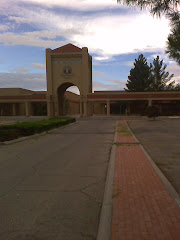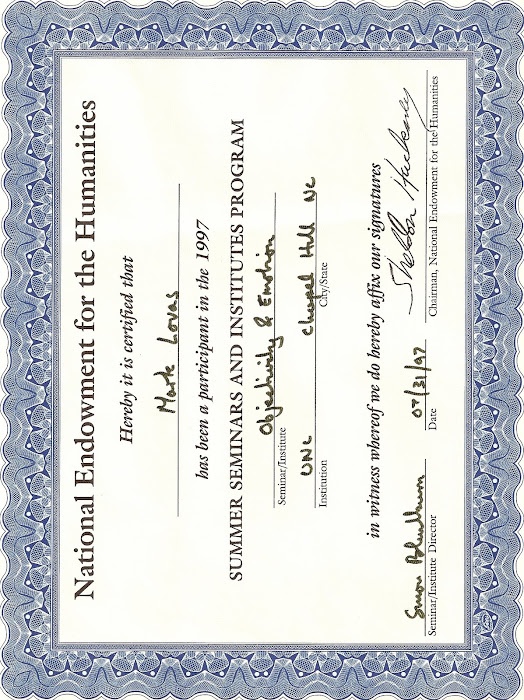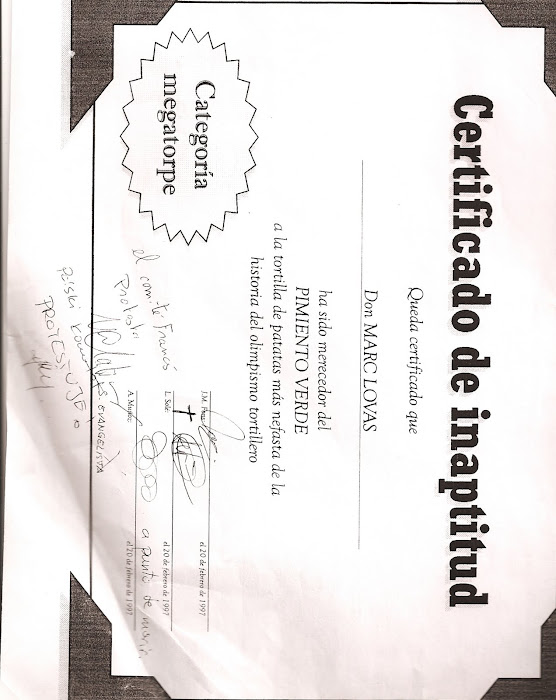Today I spent a good two hours planning for the courses I'll be teaching, as well as hunting for textbooks. Then I spent more than two hours on public transit commuting to teach for about two hours. I shall be paid for two hours of work.
That makes four unpaid hours of work today.
Wage slavery.
Tuesday, September 29, 2015
Monday, September 28, 2015
Czech Public Transport/Czech Punishment
One of my colleagues jokes, "Oh, you take that bus (the one going to the train station)? Ha Ha Ha. It's always full. How can you do it?"
Well, if she knows it's always full, then so do the transport authorities.
Or, maybe not. Maybe they are busy pasting paper advertisements to the windows of the buses,
and collecting payment. (Hard to see out sometimes. It's actually obnoxious and disrespectful.)
In 1996 I rode buses in Bratislava, in the Slovak Republic, and they were just as crowded and creaky
(swaying from side to side, hitting bumps hard) as are the buses today in the Czech Republic, in the city of Pardubice. I see no progress.
If every family owns a Skoda and every school age child owns brand name sneakers and a smart phone, no, I don't count that as progress.
But no one complains, and it is (evidently) a laughing matter.
However, it's worse after a holiday or three day weekend--as if people were being punished for not working.
Oh yeah, the Glorious EU gives money to the Czech Republic and--lo and Behold!--they generously allow the government to buy buses. But they are crappy buses--the sort that bounce up and down and seem ready to break apart on the bumpy roads. And they are often full.
The buses are, moreover, full at entirely predictable times. (As are, characteristically, the trains.)
Why not have more buses at those hours?
I repeat. I saw this in 1996 in Bratislava. It is not a new problem. (Yes, I know Slovakia is not the Czech Republic. For my purposes, it doesn't matter. The point is that there has been little real progress.)
Some people call this "austerity"--denial of basic services to the majority of the population, in order to spend the money elsewhere.
Where is the money going? Well, despite the fact that the army's budget in the Czech Republic is not increasing as much as they would like, there's a question of what they plan to really do with the equipment they've got. Who are they really going to fight a war with? Or is it all to be used against potential immigrants?
Well, if she knows it's always full, then so do the transport authorities.
Or, maybe not. Maybe they are busy pasting paper advertisements to the windows of the buses,
and collecting payment. (Hard to see out sometimes. It's actually obnoxious and disrespectful.)
In 1996 I rode buses in Bratislava, in the Slovak Republic, and they were just as crowded and creaky
(swaying from side to side, hitting bumps hard) as are the buses today in the Czech Republic, in the city of Pardubice. I see no progress.
If every family owns a Skoda and every school age child owns brand name sneakers and a smart phone, no, I don't count that as progress.
But no one complains, and it is (evidently) a laughing matter.
However, it's worse after a holiday or three day weekend--as if people were being punished for not working.
Oh yeah, the Glorious EU gives money to the Czech Republic and--lo and Behold!--they generously allow the government to buy buses. But they are crappy buses--the sort that bounce up and down and seem ready to break apart on the bumpy roads. And they are often full.
The buses are, moreover, full at entirely predictable times. (As are, characteristically, the trains.)
Why not have more buses at those hours?
I repeat. I saw this in 1996 in Bratislava. It is not a new problem. (Yes, I know Slovakia is not the Czech Republic. For my purposes, it doesn't matter. The point is that there has been little real progress.)
Some people call this "austerity"--denial of basic services to the majority of the population, in order to spend the money elsewhere.
Where is the money going? Well, despite the fact that the army's budget in the Czech Republic is not increasing as much as they would like, there's a question of what they plan to really do with the equipment they've got. Who are they really going to fight a war with? Or is it all to be used against potential immigrants?
Subscribe to:
Posts (Atom)









